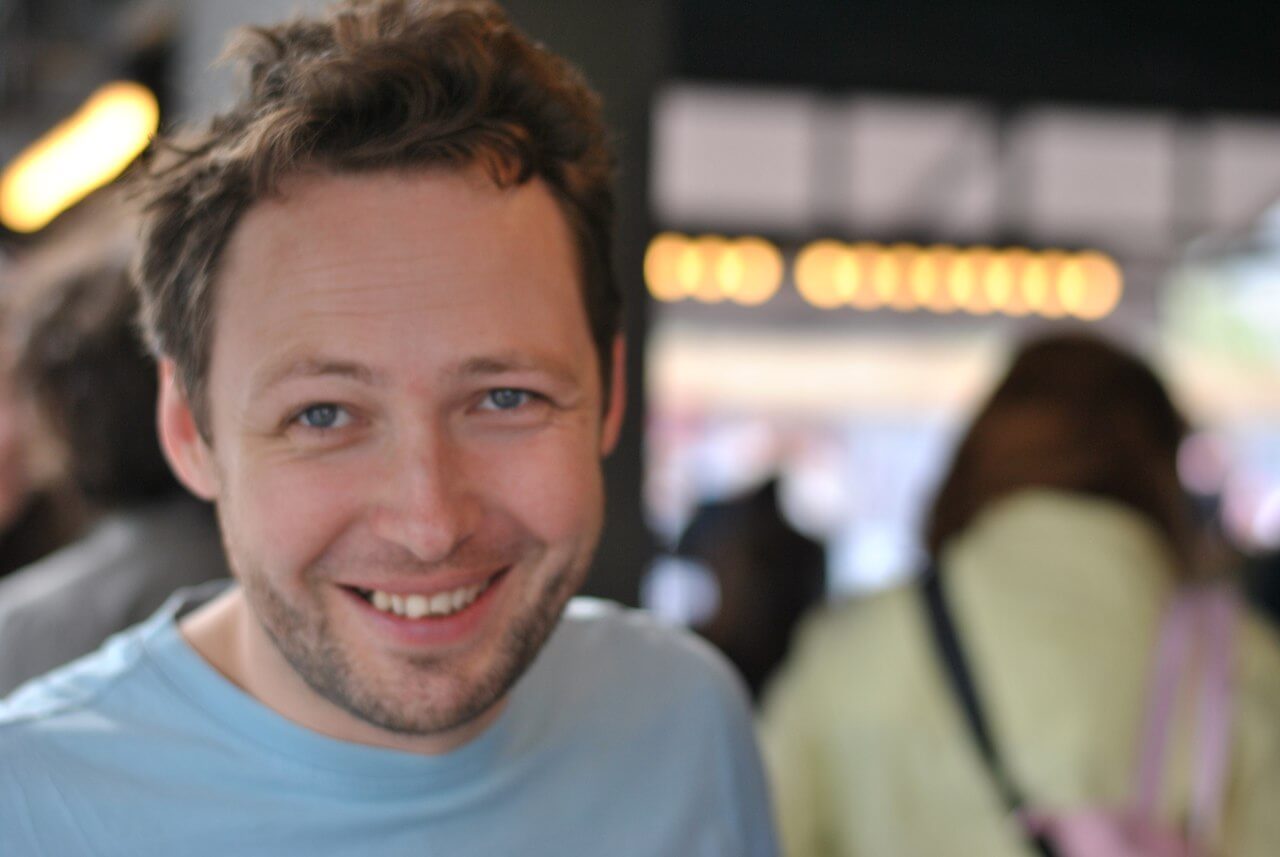
Yevheniy Manzhurin
Higher School of Economics, St. Petersburg
-
- Research topic:
- Symbolic Development of Soviet Space: Soviet Urban Symbols (1964-1985) and their Creators
- Period:
- December 2015

Higher School of Economics, St. Petersburg
Yevheniy Manzhurin, Specialist in the history of post-war USSR, a graduate student of the Higher School of Economics and researcher at the Center for Historical Research, Higher School of Economics in St. Petersburg.
An anthropologist and linguist by training, Yevheniy works at the junction of disciplines, using social sciences and historical research methods. He is a member of the European University of St. Petersburg's Center for Research and Technology Studies's "Ethnography of the Hermitage" project (St. Petersburg). Yevheniy Manzhurin's dissertation project is devoted to a grassroots initiative for the creation of urban symbols that unfolded in the USSR during the reign of Khrushchev and Brezhnev.
His research is based on materials from central archives, private collections, and several regional case studies (Lviv, Kyiv, Lithuanian Heraldry Commission, Perm, Penza, Leningrad and Moscow) and for the first time in historiography represents a detailed picture of the city symbols in the USSR. Based on materials related to Soviet city symbols, Yevheniy examines issues such as relations between the center and the regions, system management (governance) in postwar USSR, urban and regional memory and identity, and Soviet subjectivity.
Creating and using the symbol of Soviet Lviv is one of the cases around which Yevheniy Manzhurin builds his dissertation. During his stay in the city, as the Center's Fellow, Yevheniy hopes to collect material from the archives and published sources, conduct several interviews with historians, collectors and artists, and also to process material and visual sources on the practice of using the city's Soviet coat of arms.
Research interests: history of postwar socialist countries, perceptions and representations of space and time, geography, humanity, urban anthropology, and linguistic anthropology.